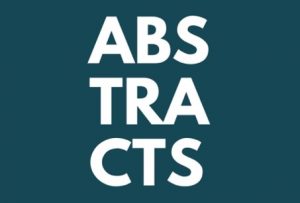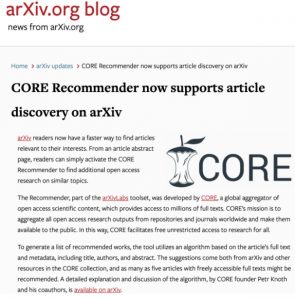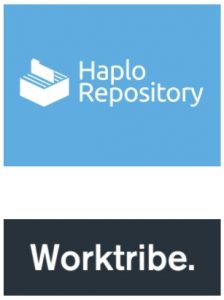
The CORE team had a busy end to 2020! In the October to December quarter, CORE broke records, partnered with arXiv.org and continued improving our REF2021 compliance monitoring service. Our team concentrated on multiple areas, including collaboration with the open access community and new feature development.
Community collaborations

- CORE is delighted to become a stakeholder of the Initiative for Open Abstracts (I4OA). I4OA is contributing a very positive step to our jointly held goals to further open research. As an aggregator of research content, we understand the importance of the article metadata, including the abstract, being centrally and openly available. We look forward to further collaborating with I4OA. More details can be found in CORE’s blog post.
- During the celebrations of Open Access Week 2020, Nancy Pontika presented a webinar on “Closing the scientific literature access gap with CORE – how to gain free access to millions of open access scientific papers” in conjunction with Kerala Library Association. The webinar was live-streamed and recorded. The slides are also available online.
- A number of useful open-access tools highlighted CORE in their work at the end of 2020. For example, Ана Ђорђевић’s webinar TRAP/RCUB – мрежа репозиторијума (recording is available here) and Milica Sevkuvic, who mentioned CORE in a Twitter post. Thank you! We’re delighted to be part of your work.
If you’re interested in helping others in your country access more research content for free, talk to us about becoming a CORE Ambassador. Contact theteam@core.ac.uk.
CORE Recommender

A significant collaboration effort in 2020 resulted in the installation of the CORE Recommender on arXiv.org. arXiv.org is one of the most widely used open access services globally and we’re pleased to be partnering with arXiv to assist more arXiv users and further the discoverability of research in CORE. You can read more about it on the arxiv.org blog and our blog post: CORE Recommender now supports article discovery on arXiv.
Product improvements

- The CORE Repository Edition now supports the Haplo and Worktribe repositories. We’re pleased that this improvement enables us to extend our service and offer more repositories insights into their REF2021 compliance. Get in touch with the team if you use either of these software services and would like more information.
- A new dataset has been released for all users. You can now access our 2020 dataset for research purposes for free. More than 9M full-text records and 330 GB of data are available for download here.
- The CORE team has started updating the design of CORE’s website. As a result, a new header has already been redesigned and implemented on the CORE services page.
Looking at the numbers

- CORE set a new personal best record! For the first time, CORE reached 30 million monthly active users in December 2020. This was reflected in the Alexa Rank, which placed CORE among the top two thousand services worldwide by user engagement, and one of the most popular open science services worldwide. Detailed statistics can be found in our blog post CORE reaches 30 million visits per month.
- Overall, CORE.ac.uk was visited by 110 million users in the last quarter of 2020. The highest daily visitor number was recorded on December 16, at more than 1.6 million.
- Content – we increased the number of freely accessible articles in CORE by incorporating other large scholarly databases. To date, 194.9 million metadata records are available on the CORE API, and more than 24.8 million full-text records can be accessed for free.
- Data providers – CORE welcomed 27 new data providers to its ranks, and at the time of writing an impressive 10244 content providers collaborate with CORE to share their content more widely.
- Global rank – as 2020 came to a close, CORE was ranked the 1441st most globally used website, according to the independent Alexa Global Rank. This rank is calculated from a combination of daily visitors and pageviews on a website over three months.
Look out for more updates from CORE throughout 2021. Stay up-to-date with what we’re doing and follow us on Twitter @oacore.
